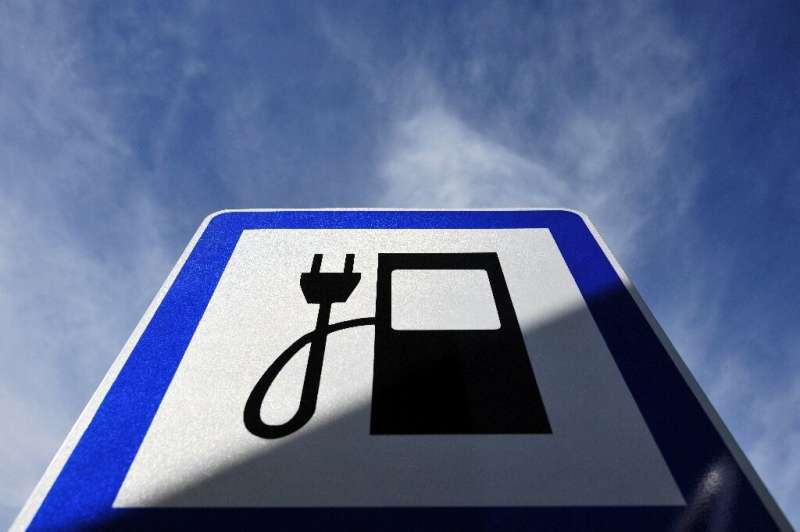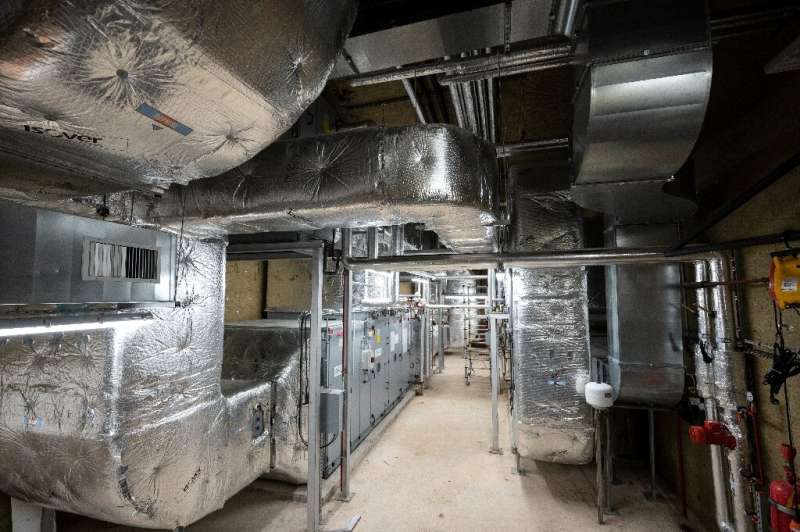Energy crisis driving climate-friendly power savings: IEA

Russia’s invasion of Ukraine has driven countries across the world to boost energy efficiency, creating “huge potential” to tackle high prices, security and climate change, the IEA said on Friday.
Governments have scaled up fossil fuel subsidies to cushion the impact of rising energy costs on households in the wake of the Ukraine conflict, which has disrupted gas supplies and stoked prices.
But a new report from the International Energy Agency found that it had also prompted policymakers and consumers to shrink their power use, causing record investment in energy efficiency measures, like building renovations, and infrastructure for public transport and electric cars.
IEA executive director Fatih Birol said after the oil shocks of the 1970s, governments pushed “substantial improvements” in energy efficiency, particularly in cars, appliances and buildings.
“Amid today’s energy crisis, we are seeing signs that energy efficiency is once again being prioritised,” he said.
“Energy efficiency is essential for dealing with today’s crisis, with its huge potential to help tackle the challenges of energy affordability, energy security and climate change.”
According to the IEA research, governments, industry and households invested a record $560 billion this year in energy efficiency measures.
Preliminary IEA data for 2022 also suggests that the global economy used energy two percent more efficiently than it did in 2021, almost double the rate of the past five years.
Annual improvements would need to rise to four percent to meet decarbonisation goals by mid-century, the IEA said.
But it said if current trends continue to improve, 2022 “could mark a vital turning point” for efficiency, adding that developments this year have “changed the dynamics of energy markets for decades to come”.
Recent government initiatives to boost efficiency in buildings, cars and industry have included legislation in Europe, Japan and the United States that add up to hundreds of billions of dollars in spending.

‘Hyper-efficient and climate-friendly’
The IEA said that one in every eight cars sold globally is now electric.
Building codes are also being updated across the world, it said, while there is growing energy efficiency awareness among consumers.
In Southeast Asia, all governments were developing policies for efficient cooling, which the IEA said was “vital for a region with one of the fastest rates of growth in electricity demand”.
Meanwhile, global sales of heat pumps are expected to hit record levels in 2022, driven by surging demand in Europe, where almost three million are expected to be sold this year—up from 1.5 million in 2019.
“Heat pumps are an indispensable part of any plan to cut emissions and natural gas use, and an urgent priority in the European Union today,” said Birol in a press statement this week.
If governments meet all their energy and climate targets, the IEA said “hyper-efficient and climate-friendly” heat pumps could meet nearly a fifth of global heating needs in buildings by 2030, up from a tenth in 2021.
Its first special report on the future of heat pumps, released Wednesday, said the technology, if powered by low-emissions electricity, was “central” to the global transition to sustainable heating.
The report estimated that heat pumps have the potential to reduce global carbon dioxide emissions by at least 500 million tonnes in 2030—equal to annual CO2 pollution from the cars in Europe today.
© 2022 AFP
Citation:
Energy crisis driving climate-friendly power savings: IEA (2022, December 2)
retrieved 2 December 2022
from https://techxplore.com/news/2022-12-energy-crisis-climate-friendly-power-iea.html
This document is subject to copyright. Apart from any fair dealing for the purpose of private study or research, no
part may be reproduced without the written permission. The content is provided for information purposes only.
For all the latest Technology News Click Here
For the latest news and updates, follow us on Google News.

